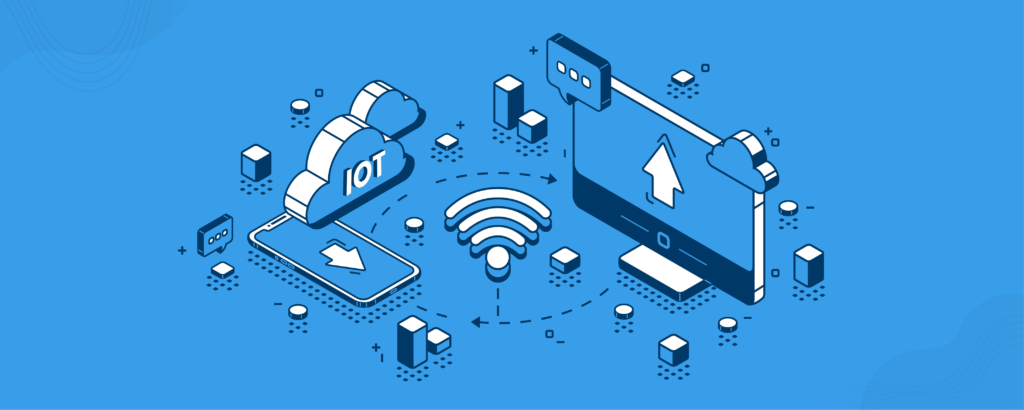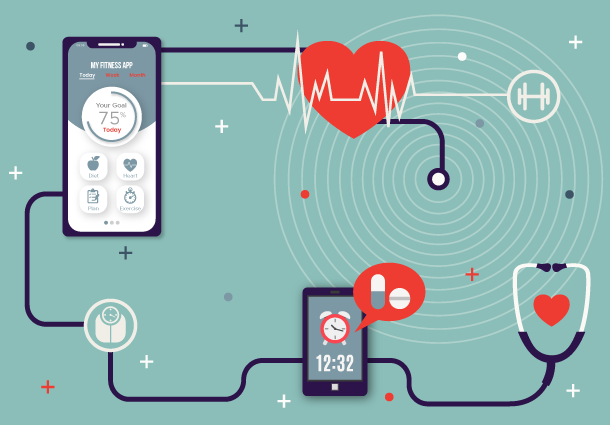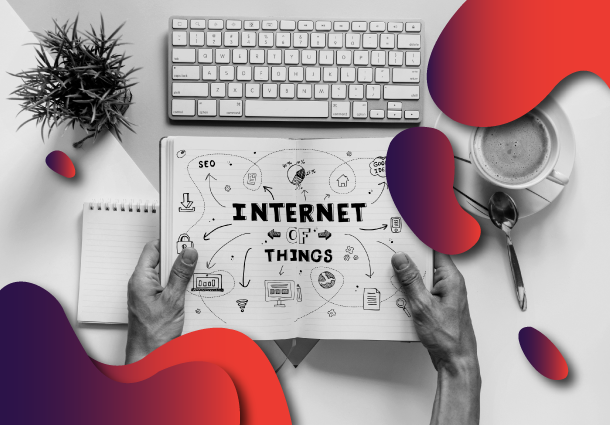Trailblazing Advancements through IoT Integration in Automotive Excellence; Road to Tomorrow
The incorporation of Internet of Things (IoT) technologies presents a transformational force in the dynamic automotive industry. The fascinating story of application of iot in automotive industry is to delve into the significant impact. The goal is to raise awareness of the ground-breaking opportunities and developments that result from this potent combination.
IoT is leading the way in this paradigm shift in the automobile industry, bringing in a new era of smart mobility. 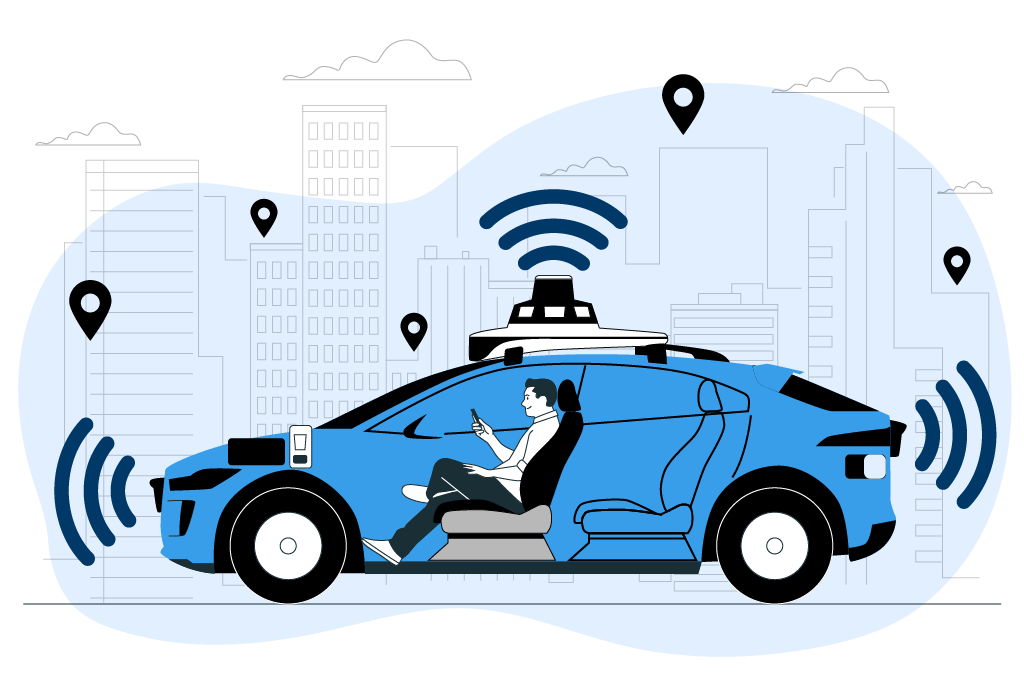 The convergence of IoT brings a plethora of applications that improve driving safety, efficiency, and overall experience, elevating automobiles above simple forms of transportation.
The convergence of IoT brings a plethora of applications that improve driving safety, efficiency, and overall experience, elevating automobiles above simple forms of transportation.
This integration has enormous importance. Conventional automobiles are giving way to networked, data-driven ecosystems in which automobiles talk to infrastructure, other cars, and even pedestrians. This raises the bar for safety requirements and creates opportunities for previously unheard-of innovation in fields like driverless vehicles, predictive maintenance, and customized user interfaces.
Essential Insights into IoT in Automotive Advancements; Revving Up Innovation
We examine the deep integration of the Internet of Things (IoT) in the automotive industry and identify the essential elements and characteristics that characterize this paradigm shift in technology. This section functions as a thorough introduction, going over the fundamental ideas and examining the unique characteristics that make IoT unique in the automobile industry.
The intricate interaction of networked components is at the core of the Internet of Things in the automotive industry. Vehicles can interact with one another and their environment with ease thanks to an ecosystem made up of cloud-based platforms, connectivity modules, and embedded sensors. To fully appreciate the disruptive potential of IoT in the automobile industry, it is imperative to comprehend these constituents.
The capabilities of automobiles are redefined by the plethora of features introduced by IoT. 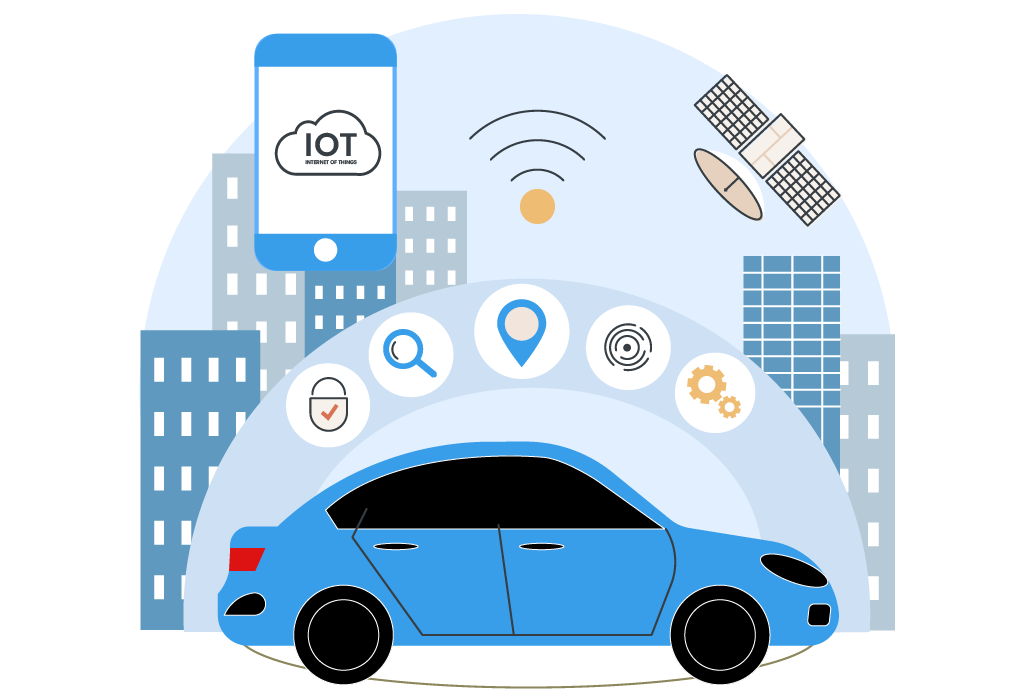 Among the main characteristics we examine are sophisticated driver-assistance systems (ADAS), improved connectivity that enables vehicle-to-everything (V2X) communication, and real-time data analytics for predictive maintenance. These improve operational effectiveness while also opening the door for creative applications that transform the driving experience.
Among the main characteristics we examine are sophisticated driver-assistance systems (ADAS), improved connectivity that enables vehicle-to-everything (V2X) communication, and real-time data analytics for predictive maintenance. These improve operational effectiveness while also opening the door for creative applications that transform the driving experience.
Numerous advantages arise when stakeholders and automakers adopt IoT. A few of the concrete benefits we discuss are enhanced safety via collision avoidance systems, enhanced performance via predictive analytics, and a more customized driving experience via AI-driven interfaces. We highlight the ways that the smooth integration of IoT is influencing automotive innovation going forward and establishing a scenario in which cars are integrated into the larger IoT ecosystem as intelligent beings.
In this in-depth analysis, we show how the automotive applications in iot is not only a technological advance but a revolutionary force that is bringing in a new era in which cars are connected hubs of data and intelligence rather than just modes of transportation. A glimpse of the transportation of the future is provided by the confluence of IoT and automotive innovation, where efficiency, safety, and user experience come together in a harmonic symphony of technological genius.
Revealing the Influence of IoT on Automotive Excellence
The automobile industry’s integration of the Internet of Things (IoT) has brought about a profound transformation, altering the way vehicles function, users engage, and enterprises prosper. In this investigation, we look into practical use of iot in automotive industry and success tales that highlight the its revolutionary potential in automobile innovation.
We start with compelling case studies that show us how the Internet of Things can revolutionize automobile operations. For example, IoT-enabled predictive maintenance has strengthened fleet management by predicting repair requirements before they become critical, allowing cars to remain on the road for longer and reducing downtime. These case studies highlight the observable advantages that IoT offers for maximizing the dependability and efficiency of automotive operations.
Several businesses are using IoT to build an ecosystem that is seamlessly integrated, outside of the automotive sector. 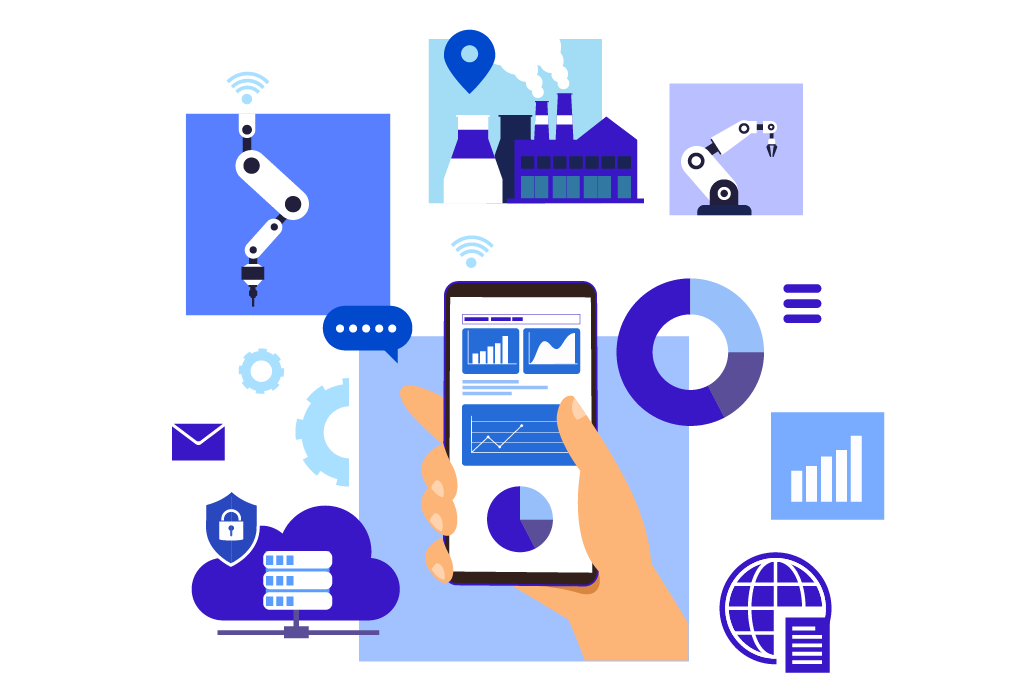 Logistics firms are utilizing Internet of Things (IoT)-enabled tracking solutions, which facilitate real-time shipment tracking, route optimization, and overall supply chain efficiency. An all-encompassing strategy for urban mobility is created by smart cities integrating IoT to control traffic flow, lessen congestion, and improve public safety. These cross-sector examples highlight the IoT’s adaptability and highlight how important it is to change the dynamics of the automobile industry.
Logistics firms are utilizing Internet of Things (IoT)-enabled tracking solutions, which facilitate real-time shipment tracking, route optimization, and overall supply chain efficiency. An all-encompassing strategy for urban mobility is created by smart cities integrating IoT to control traffic flow, lessen congestion, and improve public safety. These cross-sector examples highlight the IoT’s adaptability and highlight how important it is to change the dynamics of the automobile industry.
With the integration of IoT in Automotive Safety, the user experience in cars has experienced a fundamental shift. IoT-powered advanced driver assistance systems (ADAS) improve safety by offering automated emergency braking, adaptive cruise control, and real-time notifications. Concurrently, tailored and linked experiences are provided by IoT-powered infotainment systems, which turn the car into an intelligent and engaging environment. The benefits boost overall corporate productivity and go beyond the user experience. Automakers may optimize resource allocation, streamline operations, and make well-informed decisions by utilizing data analytics from IoT devices.
Overcoming Challenges in IoT Adoption for Automotive Advancement
Although integrating the Internet of Things (IoT) into the automotive industry creates opportunities for innovation, some obstacles must be overcome. In this section, we address the obstacles and present tactical fixes that support the automobile industry’s successful adoption of IoT.
Ensuring the security of connected vehicles is one of the main obstacles to the automotive industry’s adoption of IoT. The increasing interconnectivity of vehicles as hubs for data interchange raises worries regarding cyber risks and unlawful access. Strong encryption techniques, ongoing surveillance, and the use of secure hardware components are essential tactics to strengthen the cybersecurity of automobiles equipped with Internet of Things technology. By tackling security issues head-on, the automobile sector can build trust among stakeholders and users alike, promoting a safe and benefits of iot in automotive industry.
The automotive industry frequently consists of a blend of legacy and current technologies, which makes integrating IoT difficult. It’s possible that outdated systems don’t support modern IoT protocols and communication standards. Phased implementation and strategic planning, however, can facilitate the shift. A smooth integration process can be facilitated by using middleware solutions that serve as go-betweens for traditional and Internet of Things systems. Automotive companies can upgrade their processes without sacrificing their current infrastructure by surmounting integration obstacles.
Following industry standards and legal frameworks becomes essential as the automobile sector embraces IoT. A proactive strategy is needed to navigate the intricate web of rules, which includes safety standards and data protection legislation. Regulatory cooperation, industry coalitions, and a compliance-first approach guarantee that IoT deployment complies with moral and legal requirements. Without sacrificing integrity, the automobile industry may lead the way in the broad adoption of IoT by taking proactive measures to address regulatory obstacles.
Spearheading the Future of Innovations in Automotive IoT
The automobile industry’s journey via the Internet of Things (IoT) is not limited to current obstacles; rather, it continues into a bright future where revolutionary trends and burgeoning technology will continue to reshape the industry. In this section, we look ahead and provide the most recent developments that will influence the direction of IoT in the automotive sector.
The automotive sector is a fertile ground for new technologies that have the potential to completely transform driving as it embraces the application of iot in automotive industry. The forefront technologies of this technological revolution include 5G connectivity, Edge Computing, and Artificial Intelligence (AI). AI algorithms improve predictive analytics for auto repair, and Edge Computing lowers processing latency. The introduction of 5G networks enhances the capabilities of IoT in the automotive ecosystem by enabling real-time connectivity between infrastructure and automobiles.
A paradigm shift in the automotive narrative is brought about by the confluence of IoT with connected and autonomous automobiles. The Internet of Things is essential to facilitating smooth communication between automobiles, infrastructure, and the environment. The basis for autonomous driving skills, in which cars make deft judgments based on up-to-date information, is this interconnection. Autonomous vehicles and the Internet of Things work together to drive the automobile industry toward a future where connectivity, efficiency, and safety come together to revolutionize driving.
IoT drives industry-specific effects and changes in the automobile industry outside the domain of transportation. IoT-driven insights boost operations throughout manufacturing processes and supply chain management. Vehicle roadworthiness is maintained by predictive maintenance models powered by IoT data, reducing downtime. Car manufacturers can customize their tactics and provide people with individualized services and experiences by adopting a data-driven approach. This sector-specific change highlights the Internet of Things wider ramifications and expands its application beyond automobiles.
Steering Towards IoT-Powered Automotive Excellence with Pattem Digital
It’s important to consider the significant influence that IoT has had on the automobile industry’s landscape as we come to an end with this investigation of the technology. This final chapter captures the spirit of the Internet of Things’ revolutionary journey and lays the groundwork for its ongoing progress. Looking back confirms that the Internet of Things has changed the rules, not just added to the automotive playbook. IoT has ushered in a new era of innovation, from improving safety through real-time monitoring to completely rethinking user experiences with linked features.
Looking ahead, IoT’s potential in the automotive industry is limitless. Its function will only grow as it continues to evolve and integrate with new technologies. An automobile ecosystem that lives on intelligence, efficiency, and unmatched user experiences will be anchored by predictive analytics, self-learning algorithms, and ever-improving connectivity. An exciting adventure powered by IoT marks the way ahead. It becomes a driving factor that pushes the automobile sector to innovate in ways that not only fulfill but also beyond the expectations of contemporary consumers.
It is crucial to choose a partner for your digital ventures in this age of rapid technological advancement. Pattem Digital is at the forefront of iot in automotive industry, providing exceptional expertise. Our dedication to pushing the envelope melds perfectly with the IoT’s transformational attitude. Come along with us and let’s set off on a voyage where the wonders of IoT-driven innovation collide with your dreams.
